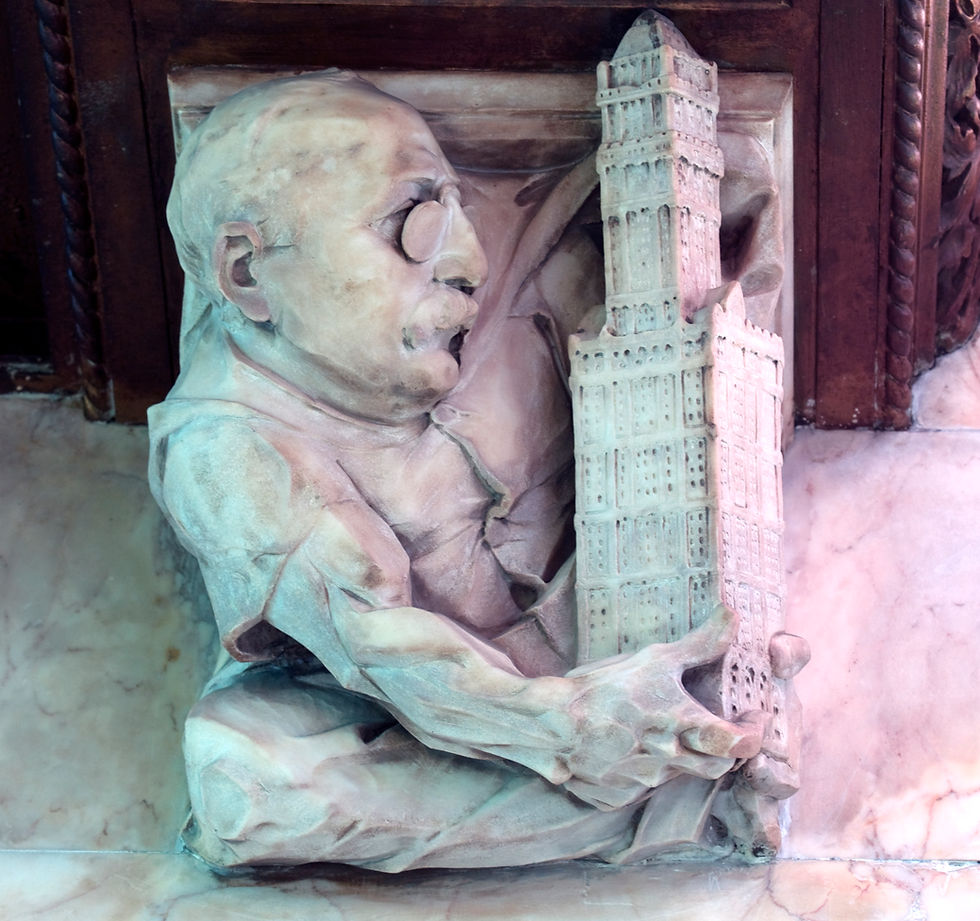Chapter: Hobbes's Theory of the Good: Felicity by Anticipatory Pleasure
- Nov 24, 2021
- 1 min read

Arash Abizadeh. "Hobbes's Theory of the Good: Felicity by Anticipatory Pleasure." In A Companion to Hobbes. Ed. Marcus P. Adams. Pp. 109-124. Wiley Blackwell, 2021.
Abstract: Many commentators have thought that Hobbes denied that there is an ultimate good or summum bonum to a human life -- what in Greek was called eudaimonia, and translated into Latin as felicitas -- and that, at most, he posited a summum malum, namely death. This is mistaken. Hobbes had a positive conception of felicitas. In particular, he was a hedonist: although people are disposed to call “good” whatever they presently desire, their true good, in terms of which Hobbes proposed to settle the term's scientific meaning, consists in a life of ongoing pleasure and freedom from pain. But Hobbes departed from Epicurean hedonism in two ways. First, he rejected the assumption that pleasure or felicity must be the ultimate aim of all valuable action: to live a felicitous life, one must desire and pursue other objects as well, of which pleasure and felicity are typically by-products. Second, he also rejected the view that felicity is "final" in the sense that it consists in a state of repose or tranquility the attainment of which would mark the termination of desire. Whereas the Epicureans held that felicity consists in the tranquil state of having satisfied one's desires, and the Cyrenaics held that it consists in the somatic pleasures that arise while satisfying one's desires, Hobbes held that felicity consists primarily in the mental pleasures that arise from anticipating the satisfaction of one's desires.



Comments